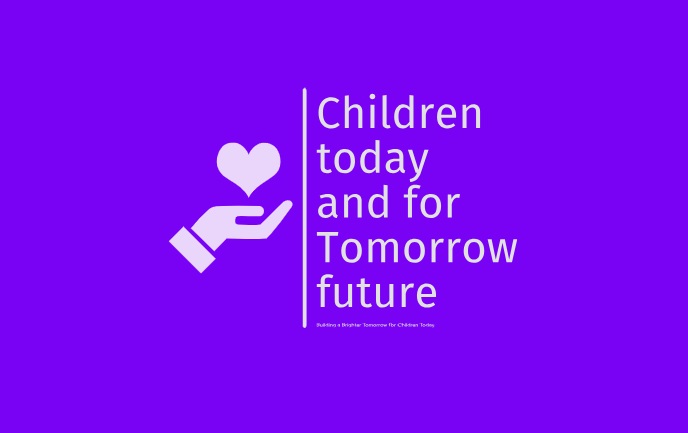Gracie Abrams, a Los Angeles-born singer-songwriter, has quickly gained recognition for her raw, confessional songwriting style. Known for her introspective lyrics and vulnerable performances, Abrams channels deeply personal experiences into her music, connecting with listeners who value authenticity. She emerged into the spotlight with her debut EP *Minor* in 2020, showcasing a delicate yet powerful sound that resonates with a younger generation experiencing the nuances of love, loss, and self-discovery.
Abrams's style draws from indie pop and bedroom pop, creating a sense of intimacy in her work that makes each track feel like a private conversation. Inspired by artists like Joni Mitchell, Taylor Swift, and Phoebe Bridgers, Abrams weaves stories of heartache and growth, her lyrics exploring emotional complexity with an honesty that resonates deeply with fans. Her music frequently explores the themes of young love, self-doubt, and emotional vulnerability, making her a standout in contemporary pop.
"I Love You, I'm Sorry" continues this tradition, delivering a heartfelt narrative that captures the fragile state of a relationship on the edge. The song's title alone suggests the emotional ambivalence at play—simultaneously an expression of affection and an acknowledgment of regret. This duality runs through the song’s lyrics, as Abrams unpacks the pain of hurting someone she loves. The track explores the space between love and apology, reflecting on the mistakes made in a relationship and the lingering feelings that remain despite the fractures.
Musically, "I Love You, I'm Sorry" combines minimalist production with acoustic elements, creating a soundscape that complements the song's reflective tone. Abrams’s gentle vocal delivery emphasizes the vulnerability of the lyrics, with subtle crescendos that mirror the song’s emotional highs and lows. The simplicity of the arrangement allows her voice to remain at the forefront, guiding listeners through the narrative of regret and longing. The sparse instrumentation adds to the song’s intimacy, drawing listeners in as if they’re eavesdropping on a heartfelt confession.
The song’s lyrics reveal Abrams’s gift for conveying complex emotions in simple language. Lines like “I love you, I’m sorry, but I’m scared” capture the contradictory feelings that accompany self-doubt and fear in relationships. Abrams’s lyrics suggest a desire to make amends but an awareness that some wounds may be too deep to heal. This honesty resonates with listeners who have experienced similar situations, reflecting the universal nature of regret and the desire for reconciliation.
"I Love You, I'm Sorry" has connected with fans who appreciate Abrams’s willingness to explore the messy, often unresolved nature of human relationships. Her introspective style offers a fresh perspective in pop music, where vulnerability and introspection are increasingly valued. By sharing her own experiences of love and heartbreak, Abrams provides comfort and validation to her audience, many of whom feel understood through her music.
In "I Love You, I'm Sorry," Abrams continues to evolve as an artist, pushing deeper into the emotional territories that make her music so compelling. The song reinforces her reputation as a voice for those navigating young love and self-reflection, solidifying her place in the music industry as a deeply empathetic and relatable artist.

No comments:
Post a Comment